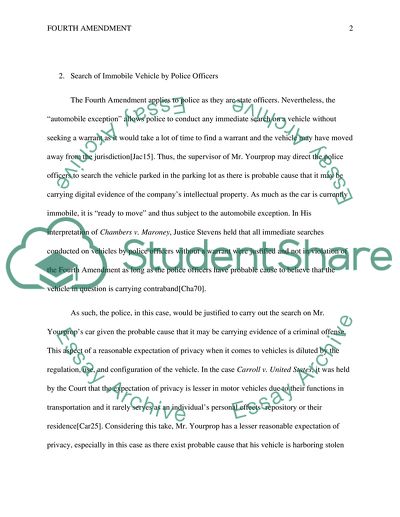Cite this document
(“Private Search and Seizure and the Fourth Amendment Essay”, n.d.)
Retrieved from https://studentshare.org/information-technology/1701580-privat-search-and-seizure-and-the-fourth-amendment
Retrieved from https://studentshare.org/information-technology/1701580-privat-search-and-seizure-and-the-fourth-amendment
(Private Search and Seizure and the Fourth Amendment Essay)
https://studentshare.org/information-technology/1701580-privat-search-and-seizure-and-the-fourth-amendment.
https://studentshare.org/information-technology/1701580-privat-search-and-seizure-and-the-fourth-amendment.
“Private Search and Seizure and the Fourth Amendment Essay”, n.d. https://studentshare.org/information-technology/1701580-privat-search-and-seizure-and-the-fourth-amendment.


